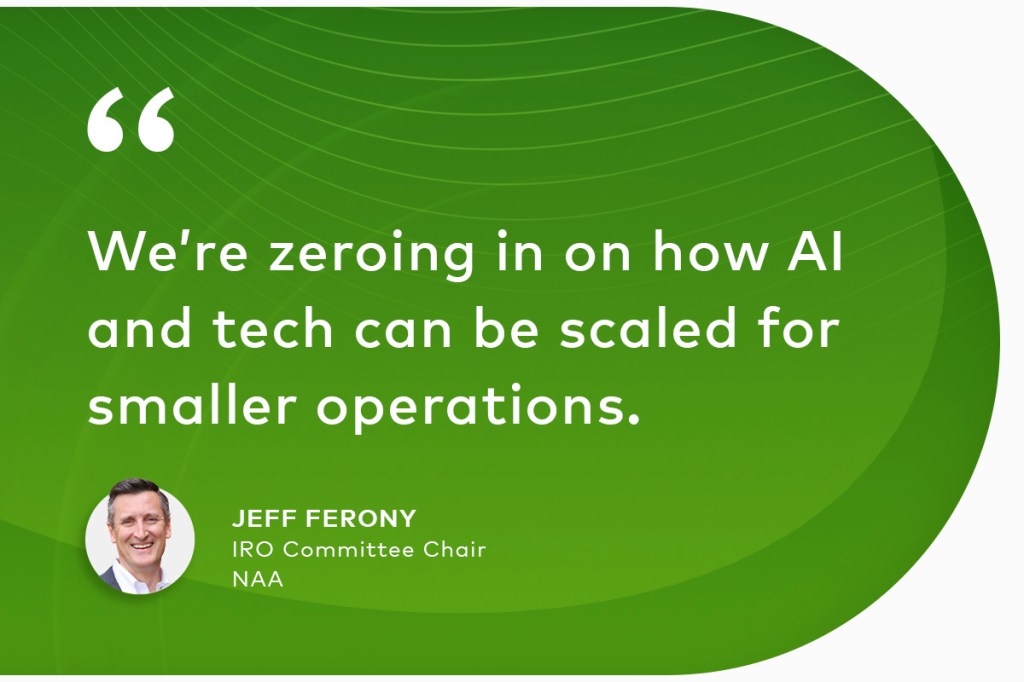
Have you ever experienced a sudden expense at your association? Most homeowner’s associations and condo managers have. It could be an emergency repair or even a planned expense that’s higher than expected. HOAs and condo associations are generally expected (and often required by state law) to keep a reserve fund for such occasions. A reserve fund is essentially a savings account for more costly repairs and replacements. While this may seem self-explanatory, reserve fund accounting requires specific functionality not found in general bookkeeping software (e.g., QuickBooks). The best software for reserve fund accounting will have property management capabilities built in.
This article will provide a quick introduction to reserve fund accounting in Yardi Breeze Premier.
Reserve fund basics
Larger associations, or companies that consist of multiple associations, tend to have a greater need for robust reserve fund accounting. Manufactured housing communities that charge lot fees may also be able to set up reserve funds.
It’s common for associations to save 70% to 100% of their operating expenses as a reserve fund. If there are not enough funds in the reserve account, homeowners may be asked for unexpected contributions.
Here’s an important tip: Financials for reserves do not have to be included on any income statements. However, the reserve fund needs to be set up correctly. (Be sure to get a qualified accountant’s approval.)
Why conduct a reserve study?
A reserve study is conducted by the HOA or condo association to figure out upcoming expenses: what needs to be replaced or repaired, how much should be in the reserve fund, how to plan funding for future expenses, etc. It’s an important review that will help establish appropriate HOA fees and prepare a robust reserve fund. However, it doesn’t cover everything. For instance, construction evaluation, maintenance schedules and safety inspections are usually outside its scope.
Are there specific reporting requirements around reserve funds?
Some states require reserve funds. CAI explains how the exact requirements vary by state. In fact, there are only 10 states that do not require condo or homeowner’s associations to prepare reserve accounts. Keep in mind that the requirements differ in each state, so you will need to rely on your accountant or tax professional to make sure your company stays in compliance.
Why use property management software for reserve fund accounting?
QuickBooks, like most general bookkeeping software, isn’t designed for real estate, making it difficult to automate and track reserve funds. In Breeze Premier, the general ledger can be easily set up to show how much is in the reserve account and how much each homeowner has contributed in a given pay period. Breeze Premier also displays the total amount in the reserve fund.
Because you don’t want these funds to get mingled with income statements, you can set up your reports so reserve funds don’t appear as income. Reserve funds can be charged monthly, bi-monthly, quarterly, semi-annually or annually.
Make reserve fund accounting refreshingly simple
Reserve fund accounting is easy with the right tool. Unlike other accounting tools, Breeze Premier is designed for this application. Hopefully, this brief article gave you a better understanding of the importance of HOA and condo management software.



